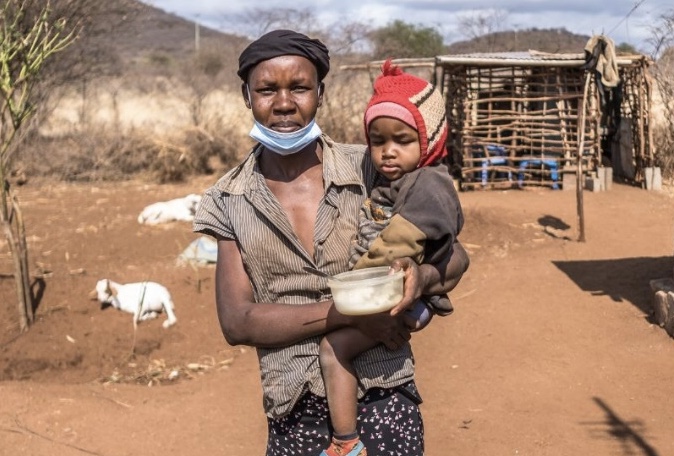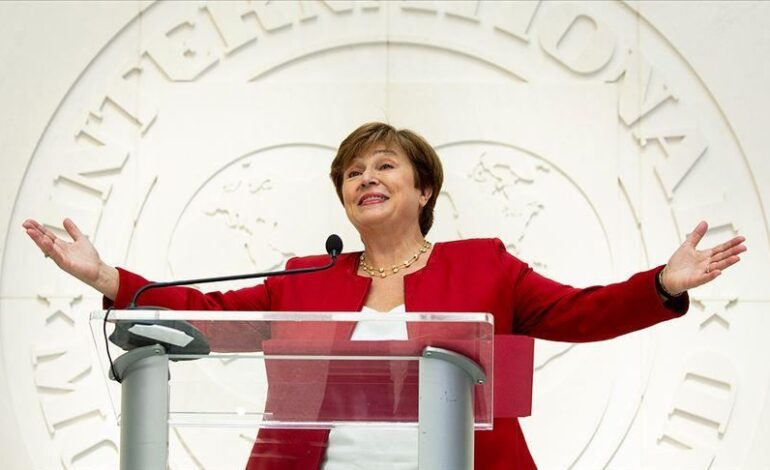
Renson Mwakandana
IMF Managing Director Kristalina Georgieva is participating in a roundtable discussion on funding for climate change today in Kigali, Rwanda, with East African finance ministers and central bank governors. Ms. Georgieva flew into Kigali from Zambia 🇿🇲 on Tuesday.
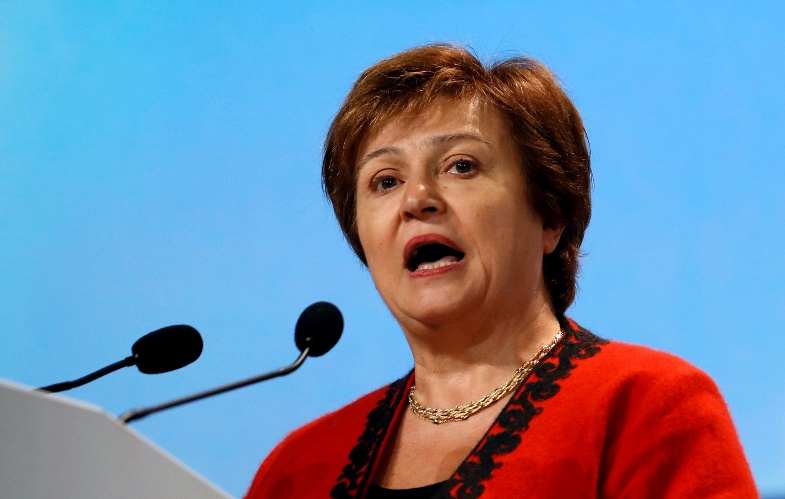
Her trip to Rwanda coincides with her board’s approval of $319 million in concessional funding for the country’s new policy support tool under its Resilience and Sustainability Trust (RST), which will help it become the first African nation to access the funds to support policies aimed at mitigating the effects of climate change.
Georgieva emphasized the significance of aiding poor nations and emerging markets in their transition to low-carbon economy and the development of climate resilience on December 14 at a panel discussion about RST in Washington.
Georgieva made a statement during a panel discussion with President of Rwanda Paul Kagame, Mia Amor Mottley of Barbado, Managing Director of the International Finance Corporation Makhtar Diop, and Director-General of the World Trade Organization Ngozi Okonjo-Iweala.
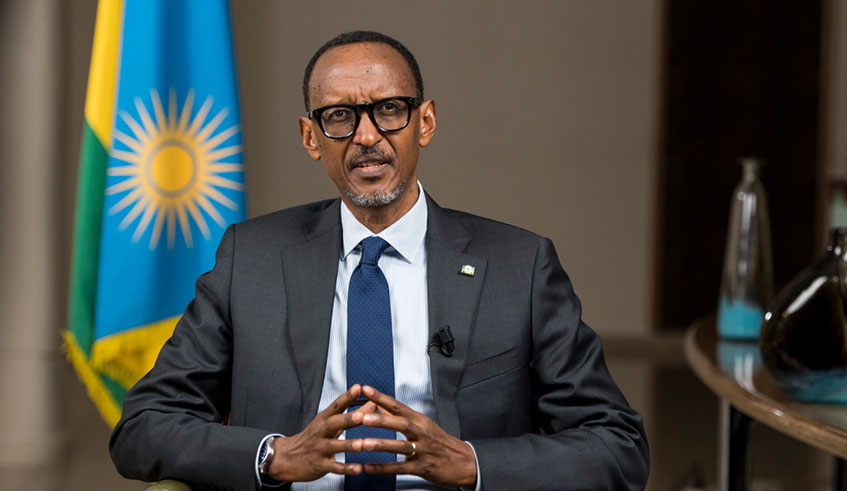
She stated that, “It’s all hands on deck for all of us. It is so critical that we help emerging markets and developing countries to transform to low carbon and climate resilient trajectory. Or otherwise, we are all cooked.”
According to officials, the visit is a sign of appreciation for Rwanda’s dedication to enhancing its resistance to climate change. Due to its well-developed climate plans, Georgieva is anticipated to highlight Rwanda as a role model for other African nations during her visit.
According to a brief press release issued by Rwanda’s Ministry of Finance and Economic Planning last Thursday, “the key objectives for this visit include [to] showcase how the IMF is supporting its members in Africa to build a resilient and inclusive future, with the Rwanda Resilience Sustainability Fund as an example.”
With a goal of $40 billion, the IMF started RST last year with $20 billion, as a supplement to its current loan arsenal, to help low-income and vulnerable middle-income countries deal with climate change and pandemic preparation. Risks associated with the balance of payments are also lessened.
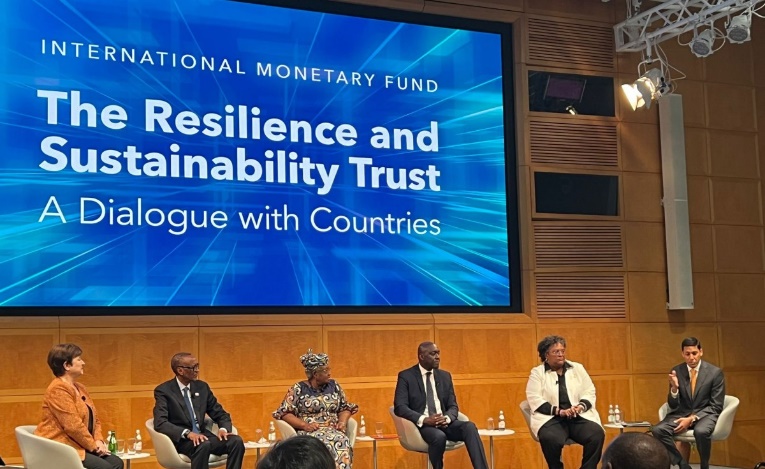
The maturity of RSF agreements is 20 years, with a 10-and-a-half-year grace period before debt repayment begins. Borrowers pay an inexpensive interest rate that is only slightly higher than the SDR rate for three months. An RSF agreement must last at least 18 months.
Although Rwanda has a well-developed climate policy, the IMF says that in order to deliver and monitor its ambitious climate targets and to mobilize more resources, it has to significantly improve its institutions.
By 2030, the nation will require $11 billion, of which $6.9 billion is contingent on fresh funding. Through 2030, it equates to spending 8.8% of the nation’s GDP annually.
Rwanda recently unveiled Ireme Invest, a $104 million climate change fund, to assist the private sector in gaining access to green funding, on the sidelines of the UN Climate Change Conference (COP27) in Sharm El-Sheikh, Egypt.



